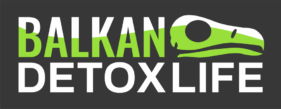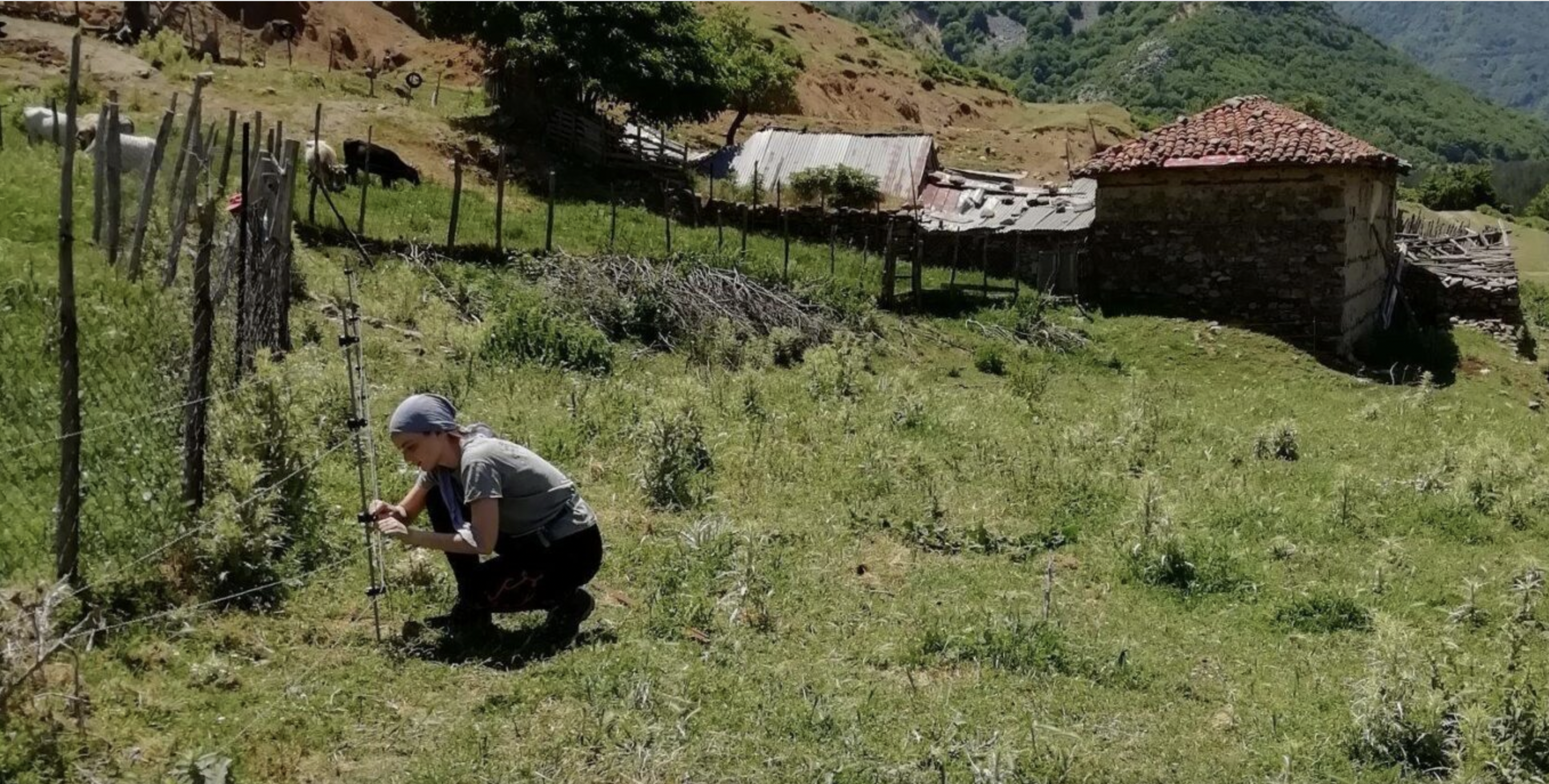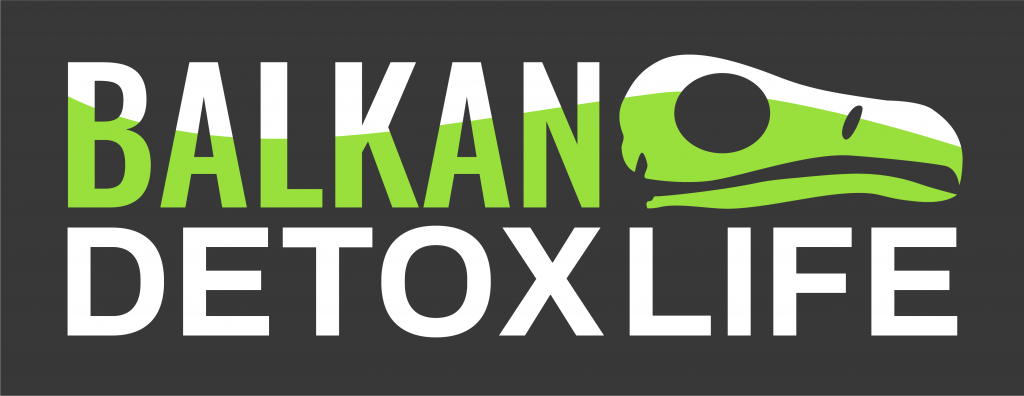How can electric fences support the recovery of vultures? Vultures face a significant threat from unintentional poisoning in the Balkans and worldwide. To tackle this issue, our partners focus on addressing the root cause. They are helping farmers in Greece prevent damages caused by animals on their livestock or crops through the installation of electric fences since human-wildlife conflicts are considered the main driver behind the illegal use of poison baits.

Poison baits: an unselective practice that puts many species at risk
The use of poisons to target wild or domestic animals has a long history worldwide. In Europe, poison baits are mainly placed to kill animals considered undesirable such as predators and pests that may inflict damage to livestock and crops. Although it is an illegal practice across the EU, is still carried on in many places by local people, who find it an easy and quick way to resolve wildlife conflicts. But this is not a solution. It is a dangerous and unselective practice that puts both domestic and wild animals at risk, negatively affecting many protected and endangered species like vultures. Vultures are caught in this vicious circle, either by directly feeding on the poisoned bait, or indirectly, by eating other animal carrion that died from poisoning. In fact, this is the biggest threat they face in the Balkans and worldwide as stated in the Vulture Multi-species Action Plan (Vulture MsAP), co-developed by the Vulture Conservation Foundation (VCF) and endorsed by the Convention for Migratory Species.
In Greece, the use of poison baits was banned in 1993 but it is still a recurrent practice. According to the Balkan Vultures Poison Study 2022, between 2000-2020, poisoning caused the mortality of 29 species of wild animals in Greece, with the worst effects on avian scavengers, primarily Griffon Vultures, killing 213 individuals within 169 separate poisoning and probable poisoning incidents. Additionally, a total of 19 Cinereous Vultures were found dead within 15 separate incidents, and 19 Egyptian Vultures within 12 poisoning and probable poisoning incidents. However, the species with the highest mortality by poison baits were the Red Fox, which is often the target, with 348 casualties within 110 separate events.
Electric fencing as a successful measure to prevent human-wildlife conflict
Over the last decade, many LIFE projects for the protection of Griffon, Egyptian and Cinereous Vulture populations have been implementing measures to reduce human-wildlife conflict and mortality causes. To tackle the threat of illegal poisoning, serious efforts are carried on, such as awareness-raising campaigns as a means to give visibility to this problem and encourage citizens to report on local incidents.
Recently, a WWF Greece team organised a wide distribution of electric fences in Rodopi and Evros in Greece, which are important foraging regions for the Cinereous Vulture colony at Dadia-Lefkimi-Soufli Forest National Park, which still fall victim to poisoning incidents. The team donated electric fences to farmers and livestock breeders whose crops and livestock were damaged by stray dogs, wild boars, wolves, jackals, foxes and other animals. This preventative action aimed to reduce such damages to mitigate wildlife-human conflict and help eliminate the illegal use of poison baits. In total, 47 electric fences were installed for 25 farmers and 22 livestock breeders in 42 villages within the framework of two LIFE projects (Egyptian Vulture New Life and Life Re-Vultures) between 2019 and 2022.
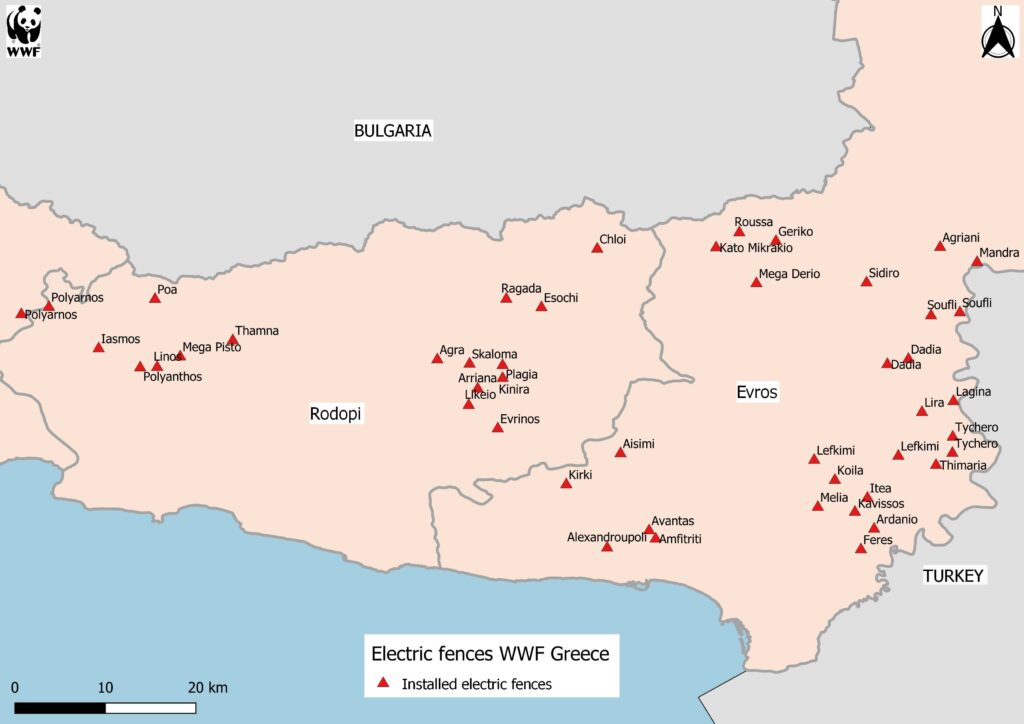
Even though electric fencing is an effective measure against wildlife-caused damage, few farmers adopt it. Unawareness and a wrong idea about the cost of its implementation, seem to be the main reasons for farmers’ resistance to implementing this preventive measure. Therefore, in 75% of the fences installed, the local WWF team helped farmers to get familiar with the infrastructure and its operation, enabling them to operate it autonomously. Depending on the size, an electric fence powered by a small solar panel can cost around €500, its implementation is an easy process and the fence can be dismantled and rebuilt in a different location.
The VCF also gave a grant to WWF Greece to research and evaluate methods to scare predators away as one way to try to solve the human-wildlife conflict that drives wildlife poisoning incidents. As part of the grant, WWF Greece promoted the study: Reducing drivers of illegal poison use in critical vulture habitat, related to the depredation of hunting dogs by wolves, in Dadia NP and adjacent SPAs. Preliminary risk assessment and mitigation proposal.
Tackling the threat of illegal wildlife poisoning in Greece
For many years now, our partners at the Hellenic Ornithological Society (HOS) and WWF Greece have been operating anti-poison dog units to detect and remove poison baits or poisoned carcasses from nature, thus, preventing wildlife losses. WWF Greece’s dog unit, comprising Ela and Kiko the dog, has been patrolling the vast area of Thrace since 2014. Last year, a newly trained working dog, Dalton, joined the team, to increase the unit’s effectiveness and take over when Kiko retires after his many years of service.
Last year in Greece, a crucial step was taken toward safeguarding threatened species against illegal poisoned baits. After years of efforts, a new Joint Ministerial Decision (JMD) was issued, outlining the necessary procedures local authorities need to follow when investigating illegal wildlife poisoning cases. A great achievement thanks to our Greek BalkanDetox LIFE partners at the HOS and other institutions.
Also, within the scope of the VCF-led BalkanDetox LIFE project, the Wildlife Crime Academy has been very successful at increasing national authorities’ capacity and providing the necessary tools to improve forensic and police investigations on poisoning incidents in the Balkans and beyond.
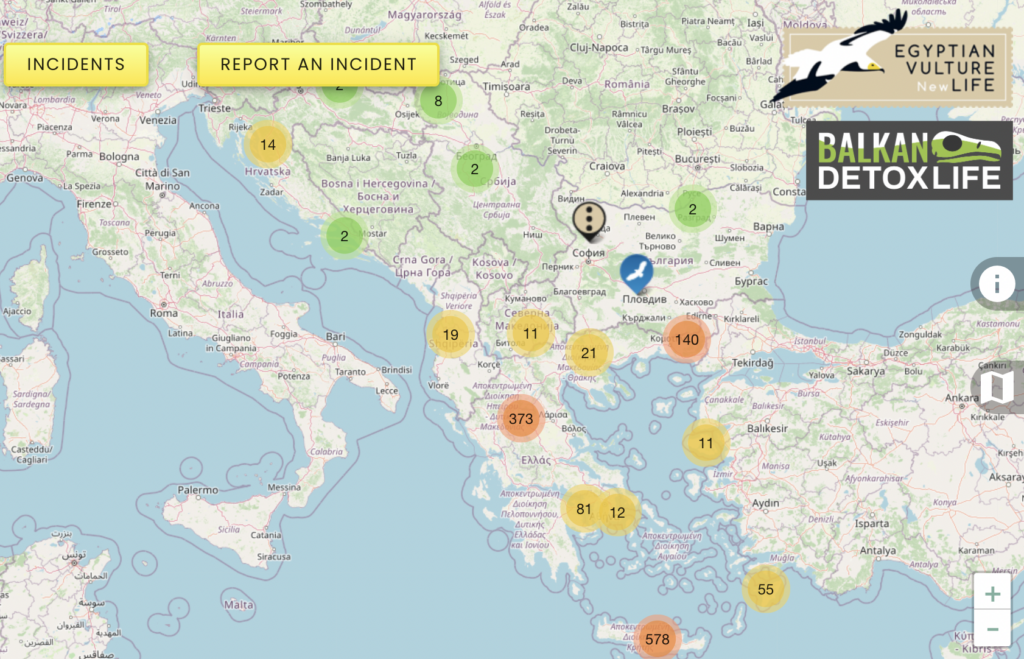
The Balkan Wildlife Poisoning Map, implemented by the Egyptian Vulture New LIFE Project and currently with the contribution of the BalkanDetox LIFE Project, is also an important tool that provides updated information on poison bait hotspots. It gathers data from different sources and includes historical and current poisoning events, across seven countries in the Balkans. Each marker on the map indicates the location of a poisoning event and the species that were found dead.

